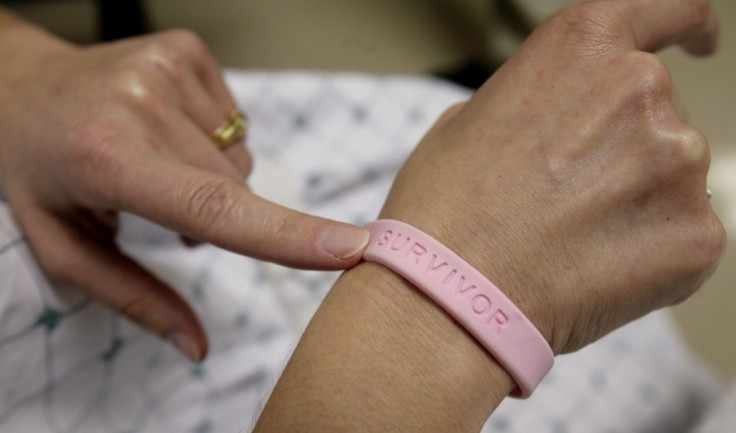Breast cancer screening: Researchers working on simple saliva test

A new research project expects to develop a simple saliva test to screen for breast cancer in women. The test will use the patient's DNA and initial mammogram to measure the risk of breast cancer. Depending on her risk level, doctors could reduce the number of mammogram tests required.
"This research has the potential to change the way we screen for breast cancer in the UK to make it smarter and more effective. Women will be able to know their individual level of risk and their care can be adjusted to reflect this, with those at highest risk offered more regular screening or even risk-reducing drugs or surgery," Prof Gareth Evans, scientific director at Genesis Breast Cancer Prevention in Manchester said. "Those at a lower than average risk, meanwhile, could attend fewer mammograms or start screening later and live safe in the knowledge that they are unlikely to develop breast cancer."
Doctors have found 94 Single Nucleotide Polymorphisms (SNPs), also known as gene fragmentation discrepancies, that seem to contribute to increased risk of breast cancer. Dr Evans, who heads the project, is looking to sequence these 94 SNPs so the saliva test can be carried out to determine whether patients are at risk of breast cancer. The test could be put into clinical practice in less than five years.
Evans said: "While family history accounts for five to 10% of breast cancer cases, we know that other genetic elements play a role in the development of the disease among the general population. Therefore, this research will help us to identify which gene fragments have the potential to increase each woman's individual risk."
In the UK, breast cancer is the most common form of cancer with around 50,000 women diagnosed every year. According to national statistics, cancer cases may increase by 12% in the next 10 years.
© Copyright IBTimes 2024. All rights reserved.





